T4K3.news
Whale Fall Reveals Hidden Ocean Food Web
Deep on Monterey Bay a whale carcass feeds a diverse deep sea community for years.
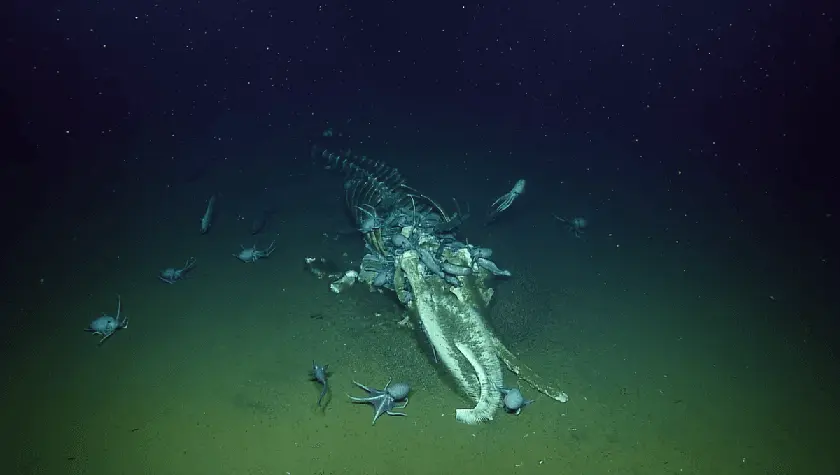
A rare whale fall in Monterey Bay highlights how deep sea life thrives on a single carcass for years.
Whale Fall Reveals Hidden Ocean Food Web
During the final dive of the E/V Nautilus expedition in October 2019, researchers filmed the Davidson Seamount off central California where a whale carcass rested on the seafloor at about 3,238 meters. The live stream captured a rare moment as baleen remained visible and the team realized they were watching a whale fall, a process that creates a temporary but rich habitat for deep sea life.
By January 2023, the footage was upscaled to 4K and researchers noted a thriving scavenger community around the carcass. Species observed included eelpouts, bone eating worms, grenadiers, crabs, and about 15 deep sea octopuses. The National Ocean Service explains that such skeletons can support rich communities for years to decades, driven by microbial energy from decay and the release of nutrients that feed a broader food web.
Key Takeaways
"Dinner is served"
Team reaction to discovering the whale fall
"Where food is so limited, scavenging is a great strategy"
Observation about deep sea feeding behavior
"Why not be opportunistic?"
Comment on adaptability of deep sea life
"The whale skeleton can support rich communities for years to decades"
NOAA explanation of ecological impact
This discovery underscores how little we still know about life far beneath the surface and the complex networks that emerge around a single meal. A whale fall is a temporary but powerful nutrient source that can sustain a diverse cast of organisms long after the carcass first sinks.
The finding also raises questions about how we fund and govern exploration. Deep sea ecosystems are fragile, yet they hold clues to biology, chemistry and climate interactions that matter on land too. As scientists map these hidden worlds, the need for responsible access and protection becomes clearer, inviting public support for sustained research rather than one off expeditions.
Highlights
- Dinner is served
- Where food is so limited, scavenging is a great strategy
- Why not be opportunistic?
- The whale skeleton can support rich communities for years to decades
The ocean keeps showing us how life adapts when light and food are scarce.
Enjoyed this? Let your friends know!
Related News
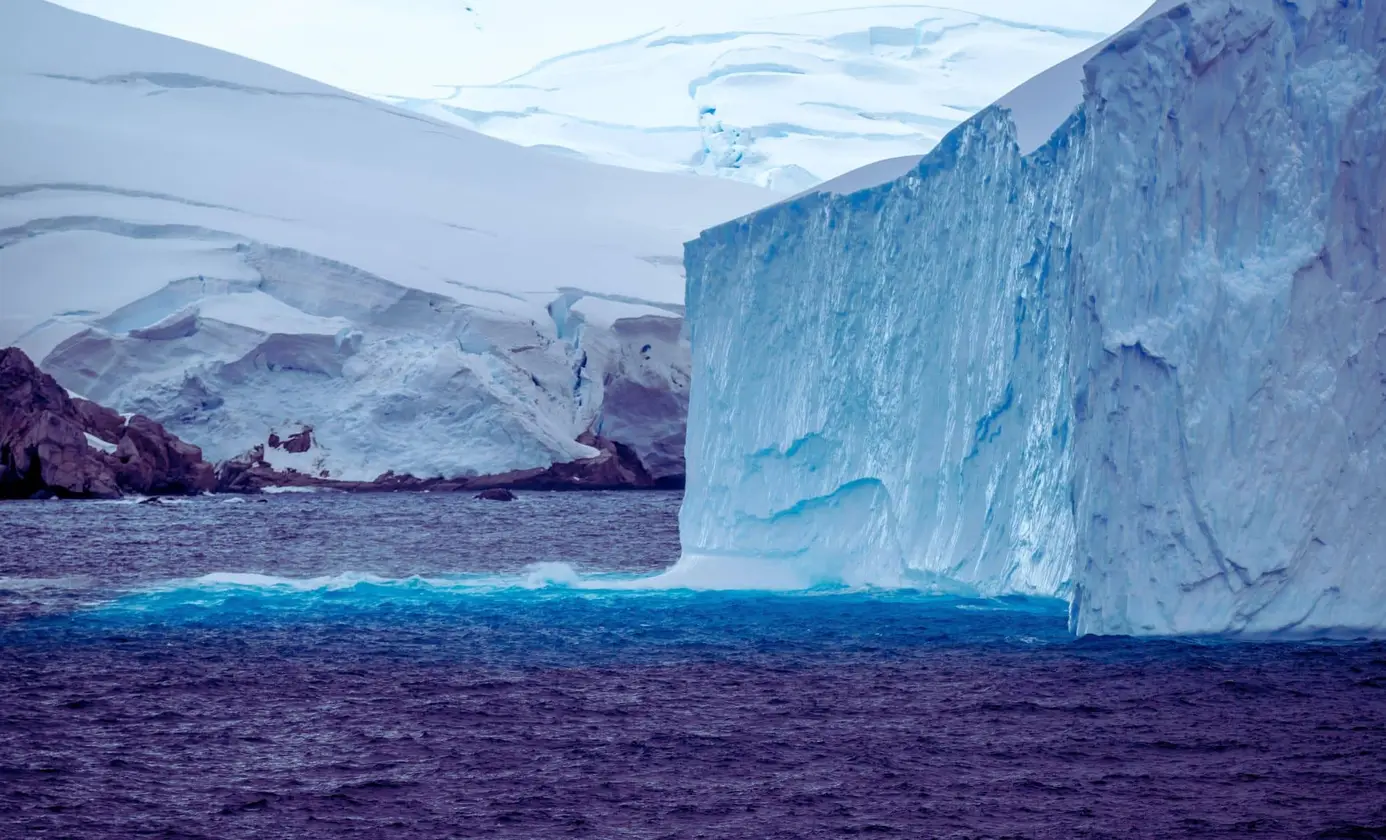
Antarctica Phytoplankton Shift Threatens Global Carbon Sink

Blue whales fall silent amid climate stress on ocean life
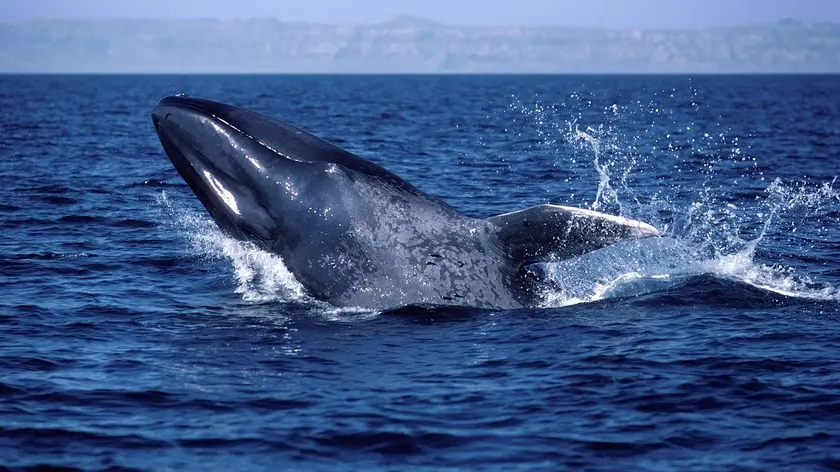
Blue whales facing severe decline in vocalizations
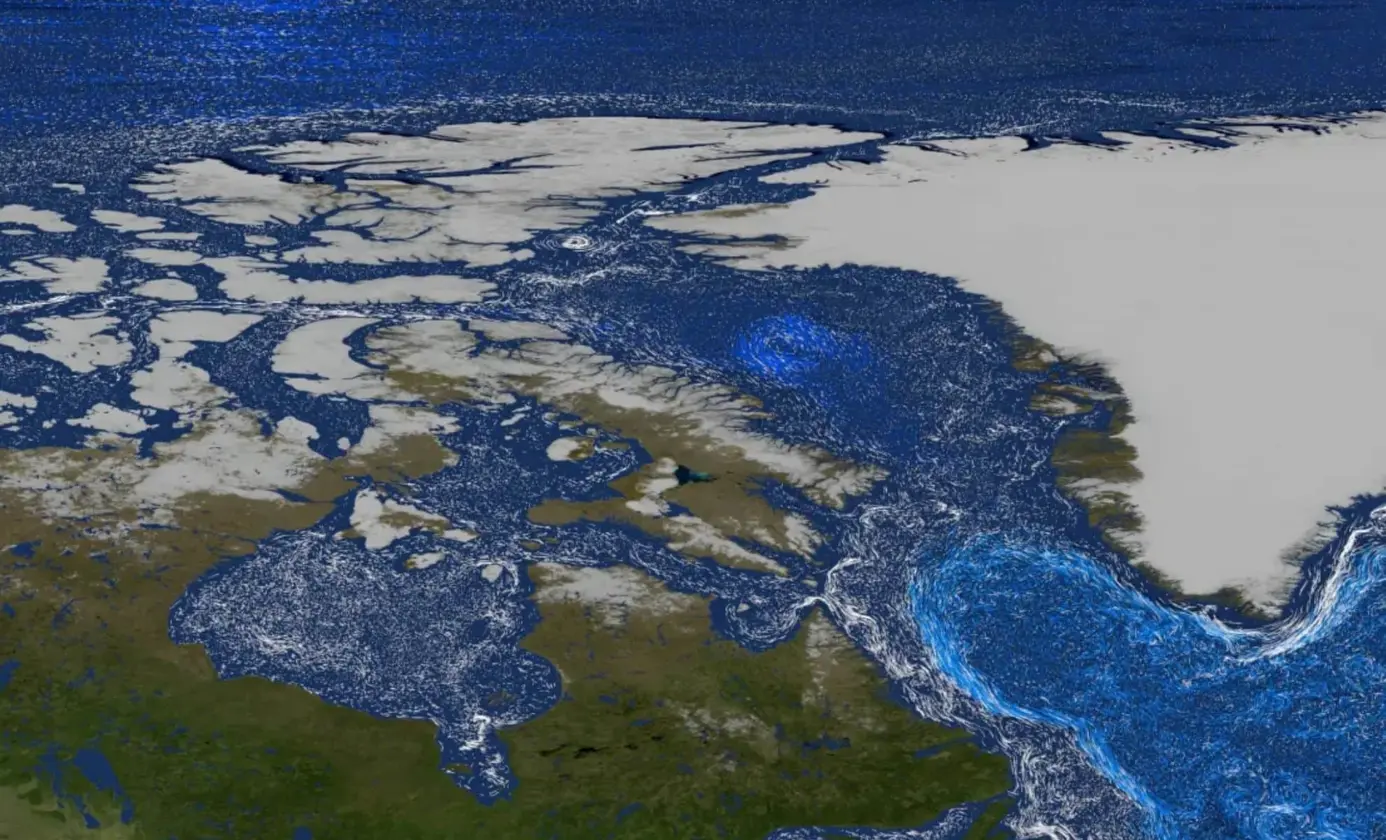
NASA Reports on Greenland's Glaciers and Marine Life

Remarkable stories of plane crash survivors
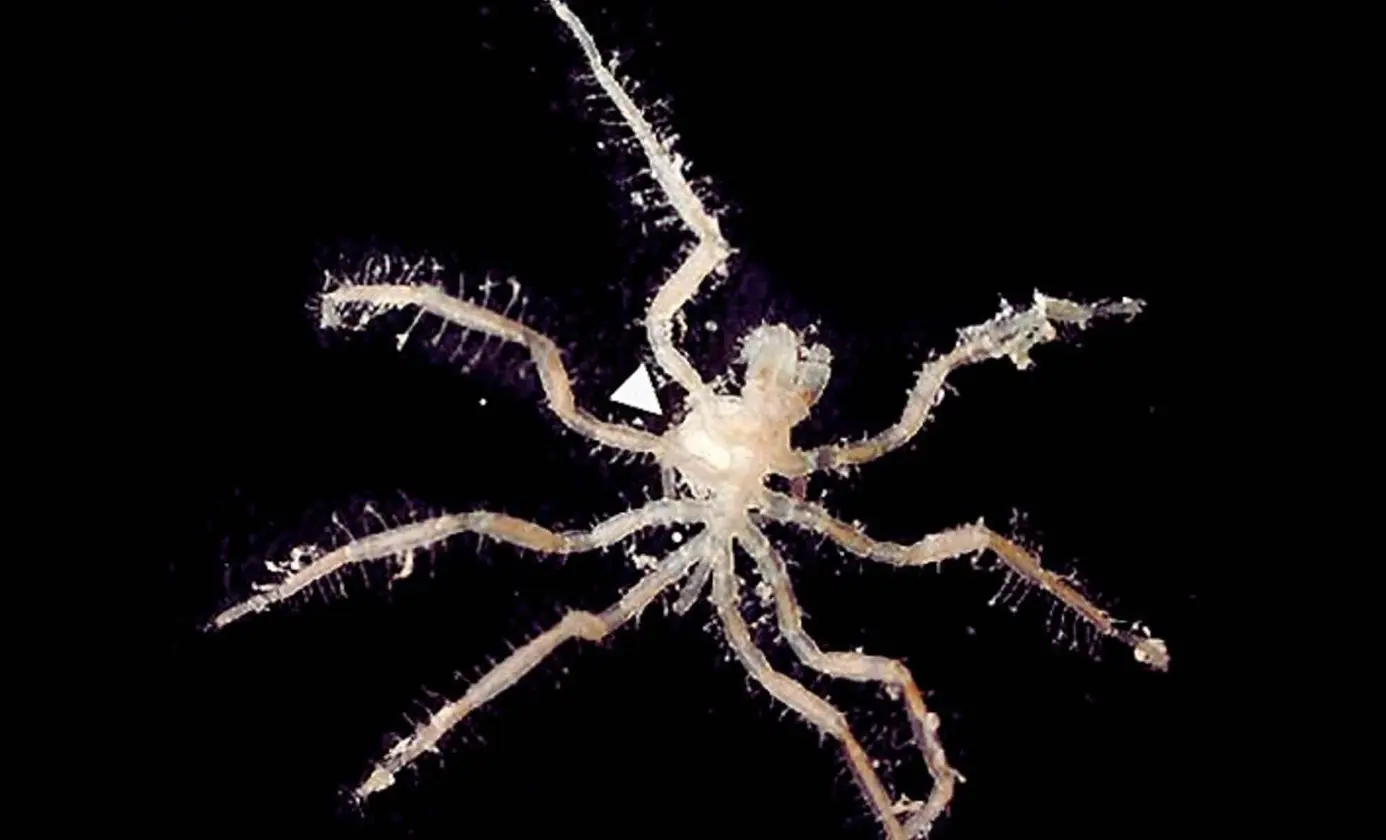
Sea Spiders Feed on Methane
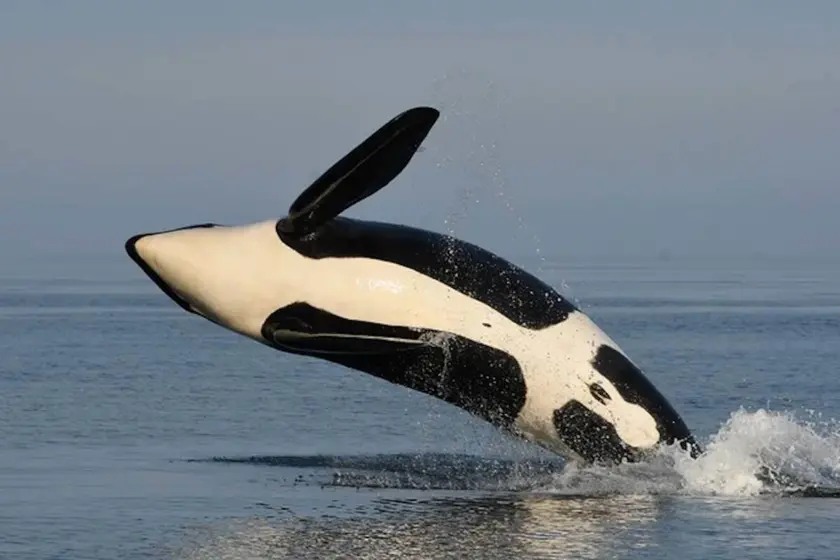
Critics challenge B.C. ocean noise reduction plan

Omaze winners face unexpected challenges after house wins
